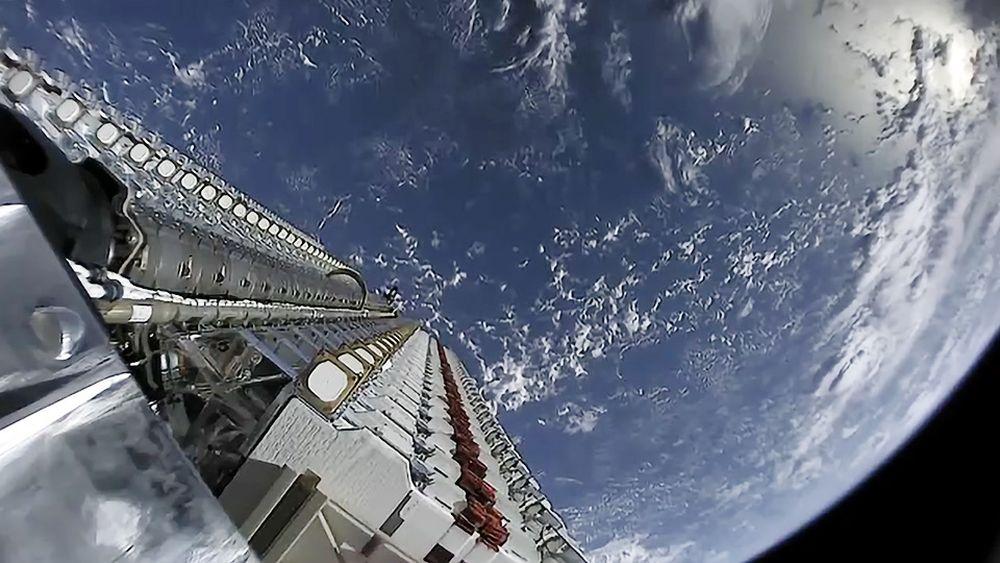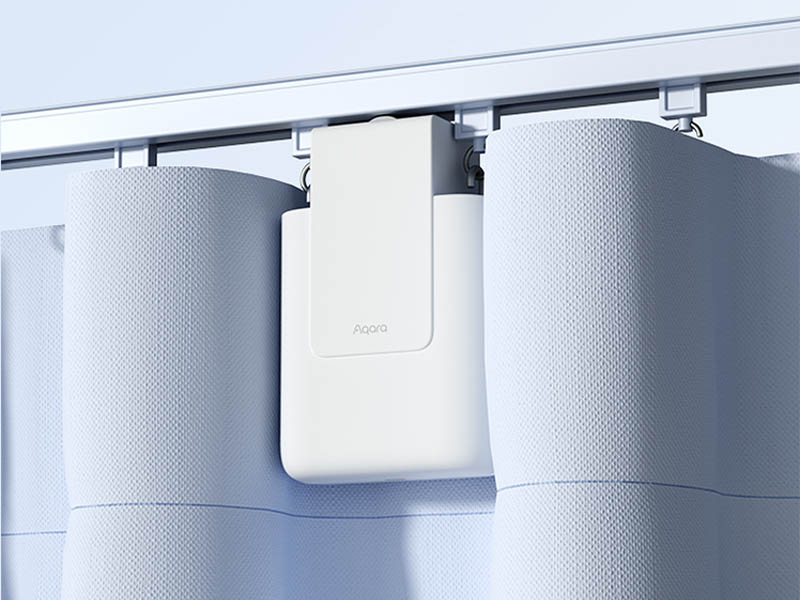The relationship between the scientific community and SpaceX’s Starlink satellites is not improving. Instead, the latest analyses carried out by scientists confirm that things are getting worse. Given the ambitious plans that SpaceX has, it is obvious that this is going to become a significant problem that they need to find a solution to.
Some time ago we talked about the problems that were being generated in low Earth orbit with the Starlink satellites. Elon Musk sees overwhelming logic in filling the orbit with satellites, but the truth is that it is becoming a serious headache for scientists. Above all, because, no matter how much they promise to make changes, in the end things are getting worse.
Too many radio waves are leaking
For the scientific community, there are some things that are sacred. One of them is the wavelength bands that are protected and that must always be taken care of as much as possible. This is where there can be no risks and, unfortunately, the effect of Starlink is being too aggressive. For scientists, this has been a problem since SpaceX began putting satellites into orbit. But what has happened recently is that they have seen that, if the first satellites were polluting, with the new versions, even more radiation is being filtered. And we are not talking about exactly small figures, since these new v2mini satellites, including the versions intended for mobile calls, are filtering 32 times more radiation.

The problem is that SpaceX is not going to stop putting these satellites into orbit, given that it needs a huge constellation to be able to cover all its needs. The company recently said that it wanted to enable mobile calls via satellite across the entire planet, and that will require a huge number of satellites in orbit. Therefore, the scientific community has not been able to avoid talking about it and issuing another complaint against Elon Musk’s company.
An extreme problem
When scientists talked about what was happening in 2023 and SpaceX promised to make changes to its satellites, they probably didn’t trust it too much. And they prove it because, at that time, they started a program to monitor the satellites and their brightness capacity. This is how they have managed to be aware of the effects of the activity of the Starlink satellites. In order for us to understand what role the satellites play in orbit, they make a comparison that is very easy to analyze. They mention that the difference between the light of these satellites and that of the less bright bodies that astronomers analyze is equivalent to the difference between the stars that shine less and the Moon. Therefore, you can get an idea of the extreme gravity of the presence of these satellites.
That amount of light was the first problem that was detected and that is further complicated by the new generation satellites that SpaceX is launching. Radiation leakage is the second problem that accumulates and is annoying for scientists because it is invading the frequency they use for radio astronomy. Although SpaceX satellites should stay in the 10.7 to 12.7 GHz frequency, they are leaking radiation in the 150.05 to 153 MHz range, thus affecting the work of astronomers.
The scientists are asking Starlink to do something before more radiation leaks occur, to fix the problem and not just let it go. They are asking for quick action so that the situation does not get worse, as it could lead to even bigger problems. They know that there is no law or regulation that forces SpaceX to act as they are requesting, but they are also making it clear to Elon Musk’s company that it needs to take action.
These experts stress the importance of maintaining space exploration and analysis of the skies in a convenient way so that, now that we are approaching a turning point in astronomy, we have the necessary resources to continue researching. The thousands of Starlink satellites and the many that other companies are beginning to launch could alter these studies and prevent discoveries from being made. In addition, they remember that radio astronomy has been key to carrying out many fundamental inventions, from GPS to WiFi, so they insist on the need to protect it. But we will have to see how SpaceX reacts, since, today, the company seems more focused on bringing the Internet to the entire world with its network of satellites.














